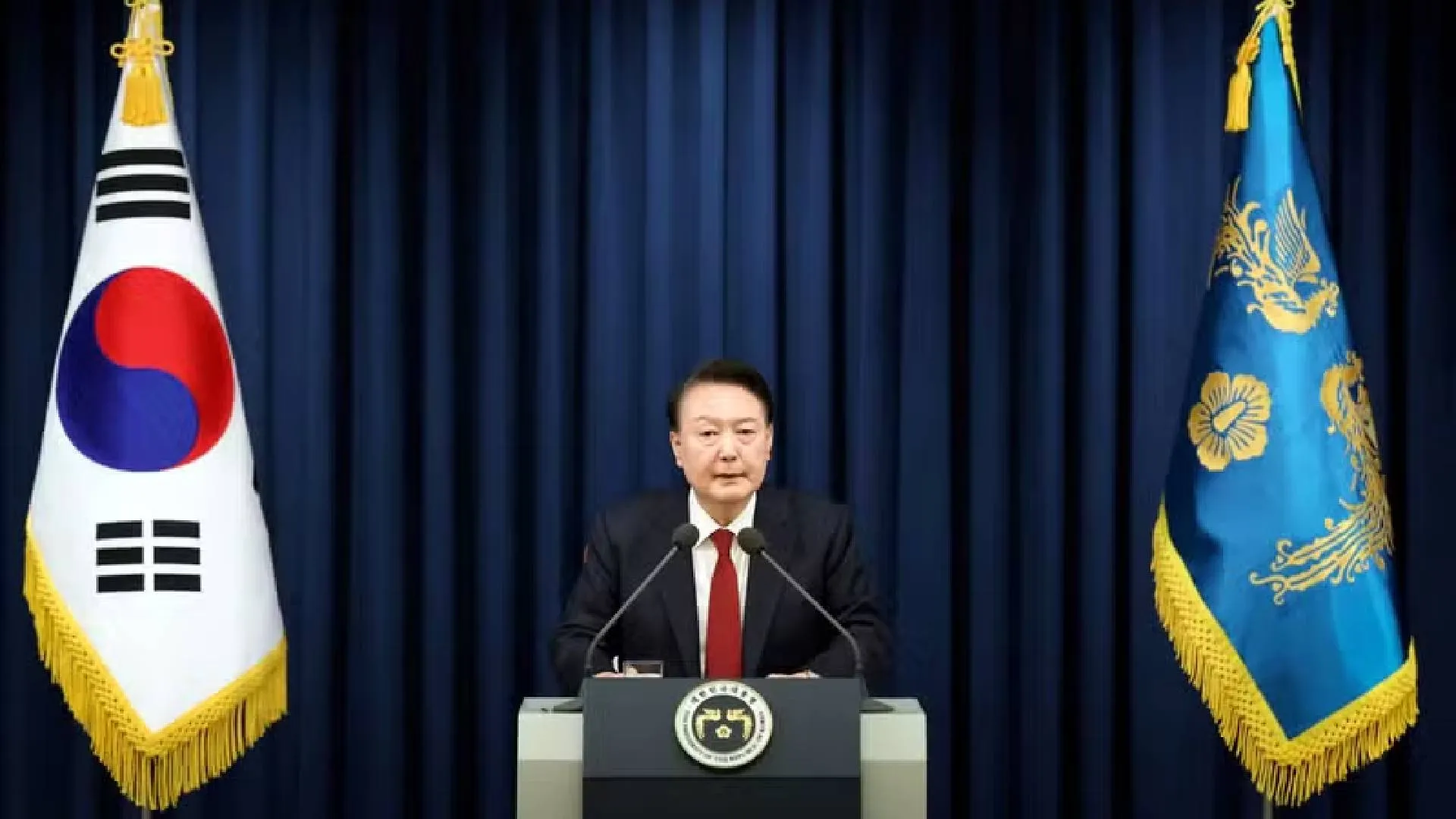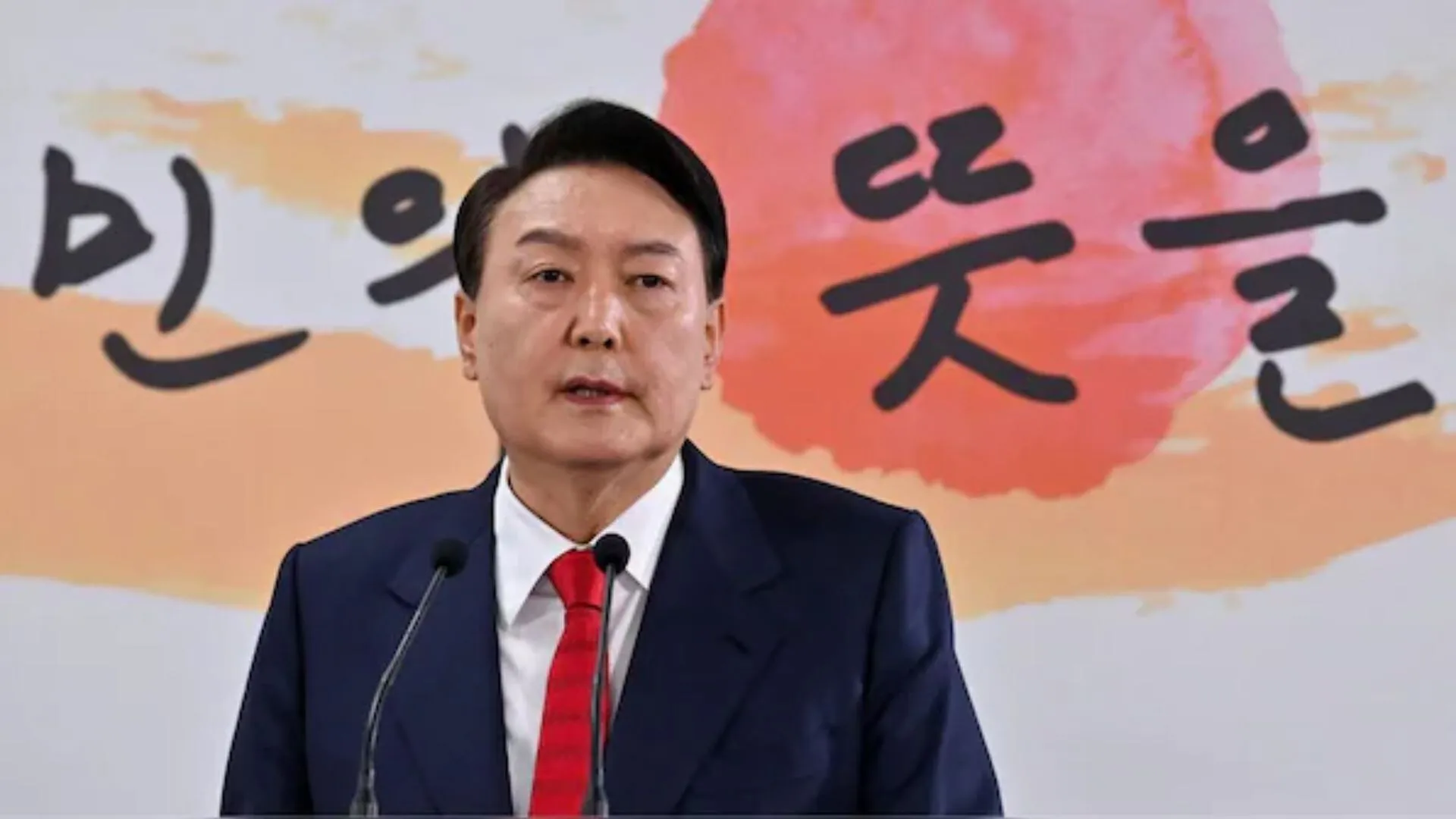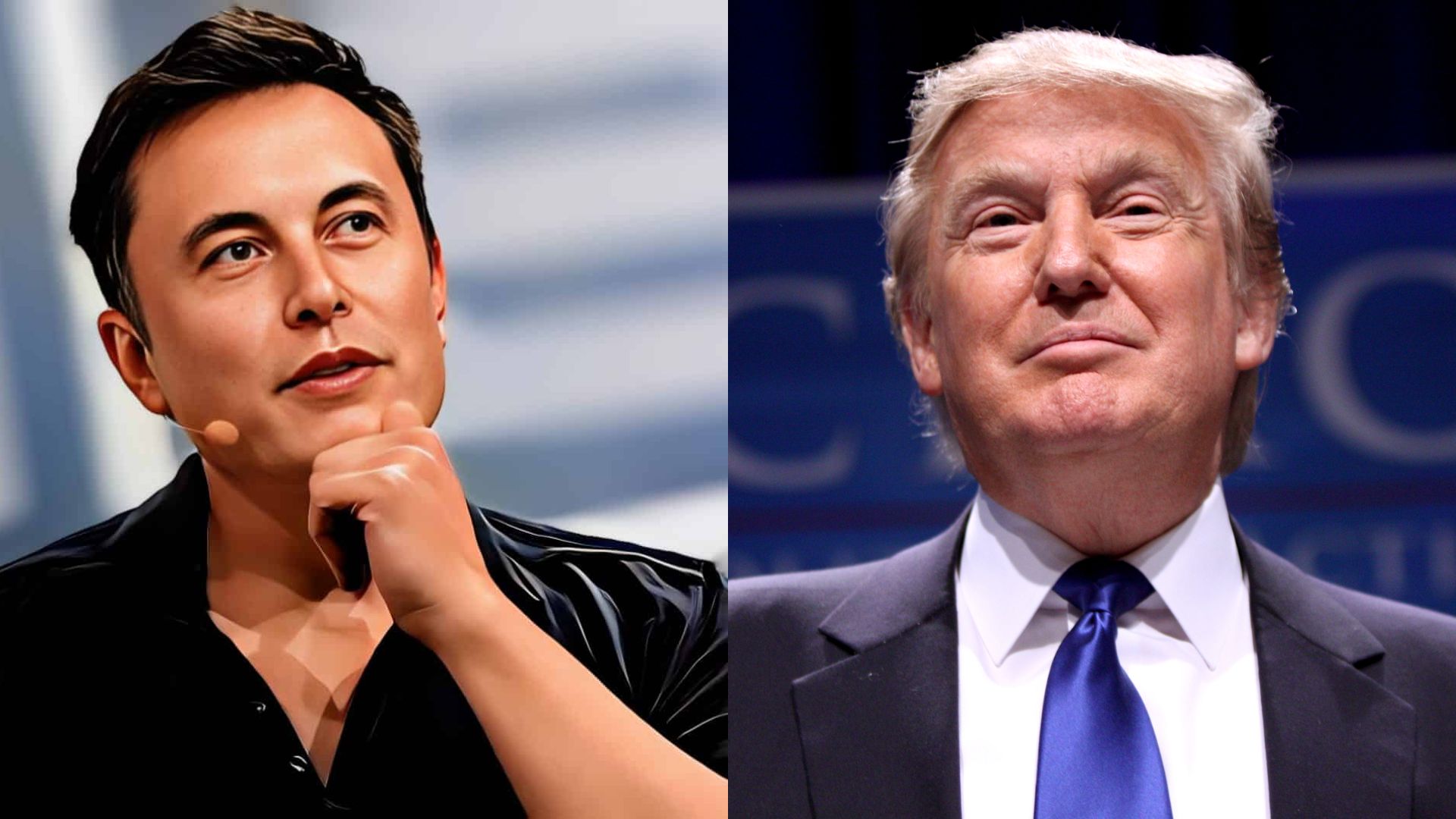In a surprising turn of events, Nigel Farage, a prominent figure in Britain’s Brexit movement, declared his candidacy for the upcoming election and revealed plans to lead the right-wing Reform Party. This move poses a significant challenge to Prime Minister Rishi Sunak and his Conservative Party, particularly as they lag behind the Labour Party in the polls.
Farage, 60, had initially opted out of the July 4 vote to support Donald Trump in the US election. However, citing a sense of duty towards disillusioned voters and a desire to address political issues, he reversed his decision. At a news conference, Farage emphasized his intention to become the voice of opposition, positioning Reform as the primary challenger to Labour, despite acknowledging the likelihood of a Labour victory.
Promising a “political revolt” in response to perceived systemic failures in the country, Farage criticized public services’ shortcomings, including healthcare and infrastructure.
Despite facing electoral defeats in the past, Farage remains a formidable force in British politics, known for pressuring successive Prime Ministers on issues such as EU policies and immigration. His controversial remarks, including comments deemed racist by opponents, have sparked controversy throughout his career. Notably, Farage gained attention during the Brexit campaign for a poster depicting migrants under the slogan “Breaking Point” and recently made statements questioning the shared values of Muslims in Britain.
Farage’s candidacy and the formation of the Reform Party add a new dimension to the UK political landscape, setting the stage for a potentially contentious electoral battle between right-wing factions and the ruling Conservatives.























